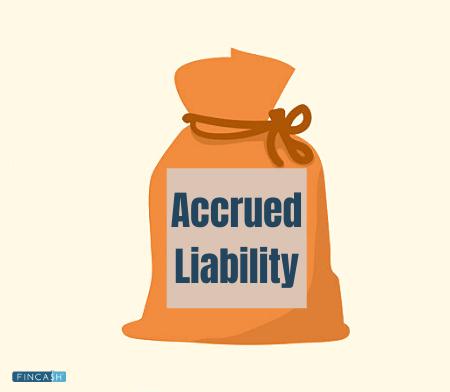Accrued Liability
What is Accrued Liability?
An accrued liability is an expense that a business has incurred, but has not paid. Businesses can accrue liabilities for various reasons. These liabilities could be short-term or long-term liabilities on the business’ balance sheet.

Some of the examples of liabilities for businesses include payroll taxes, Medicare, federal unemployment taxes, etc. These are liabilities that can be accrued periodically in preparation for payment before the taxes are due.
In accrual liability, the company must pay for the benefit received even before the cash flow has occurred. Accrued liabilities exist when using the accrual method of Accounting. If the business uses the cash method of accounting, accrued liabilities will not occur. These accrued liabilities are entered in the businesses’ financial records during a period of times and are reversed in the next when paid.
The accrued liability concept is related to the timing and matching principle. Under the Accrual Accounting, all the expenses are to be recorded in financial statements in the period on which they are incurred. This may be different from the period in which they are paid.
Even the expenses are recorded in the same period as related revenues. These related revenues are reported to provide financial statements with accurate information regarding the costs needed to generate the revenue.
Talk to our investment specialist
Reasons for Accrued Liability
1. Deferred payment plan
Accrued liability happen due to various events in the business. Businesses that have purchased goods and services on a deferred payment plan will accrue liability because they will incur an obligation to make future payment.
2. Taxes owed to the Government
Businesses owing taxes to the government may be accrued because they may not be due until the next tax reporting period.
3. Interest on loans
Interest on loans may be accrued if the interest fees have been incurred since the previous payment.
All efforts have been made to ensure the information provided here is accurate. However, no guarantees are made regarding correctness of data. Please verify with scheme information document before making any investment.












